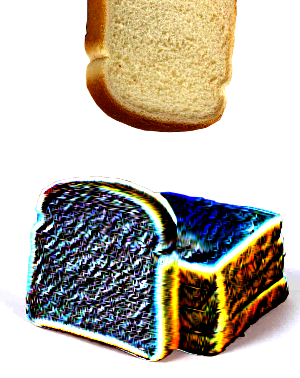Local help in quest for man-made beings
 Australian researchers are contributing to an incredible scientific effort – creating the world’s first-ever synthetic complex organism.
Australian researchers are contributing to an incredible scientific effort – creating the world’s first-ever synthetic complex organism.
Backed by $1 million in funding from the NSW Government, Macquarie University has been announced as the lead Australian institution in the Yeast 2.0 project.
The first of 16 yeast chromosomes has been synthesised already, and a worldwide team is looking to pin down the rest to create an entirely synthetic life-form by 2017.
Chromosomes are the combination of proteins and DNA containing the specific instructions to make each living creature unique.
A US team published the synthesis of Chromosome III of a lab strain of the yeast Saccharomyces cerevisiae in the international journal Science last month. It is the first ever synthetic chromosome of any living organism more complex than simple bacteria.
“This is history in the making,” said Deputy Vice-Chancellor of Research at Macquarie University, Professor Sakkie Pretorius.
“A wholly synthetic yeast organism will be an amazing accomplishment, but it is just the beginning... all previous ground-rules for research in biology are being rewritten.”
“Once we can synthesise an organism like yeast we can then apply the same techniques to increasingly more complex organisms. The possibilities in medicine, or the environment, for example, are truly mind-blowing,” he said.
Saccharomyces cerevisiae is the organism of choice for these studies because the genomic and related resources that are available are more complete than for any other organism on the planet.
There are eukaryotes with smaller genomes, but the extent of knowledge about these species pales in comparison to S. cerevisiae. This offers the opportunity to use the extensive universe of yeast systems biology information for the design of chromosomes for the organism.
Undoubtedly the synthetic yeast will differ from the native organism, and the multitude of genetic assays available for the organism can be used to understand any phenotypic differences that might be observed.
The NSW Department of Primary Industries and the NSW Office for Science & Research, through its Research Attraction and Acceleration Program (RAAP), will each contribute $500,000 in funding to the Yeast 2.0 project.








 Print
Print